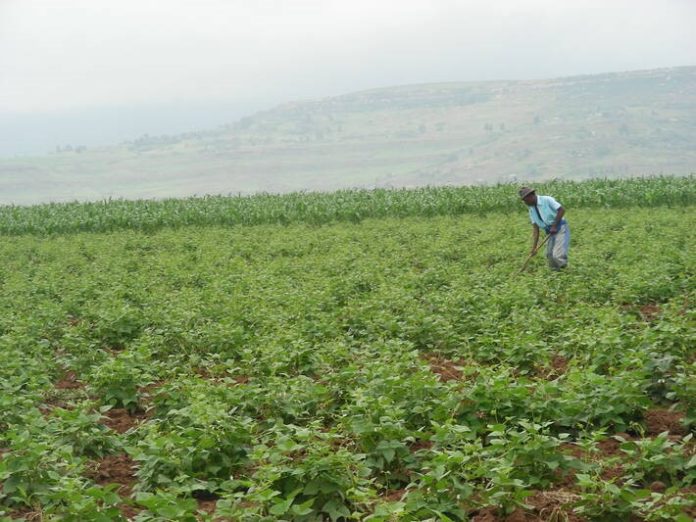
The Food and Agriculture Organization of the United Nations (FAO) today welcomed approval from the Global Environment Facility (GEF) for five FAO-led projects in eight countries, totaling more than $46.6 million in funding. The decision was made during the 60th GEF Council Meeting and the 30th Least Developed Countries Fund Council Meeting.
The latest projects will address critical environmental challenges – such as land degradation, biodiversity loss, unsustainable fishing, and climate change – that threaten the food security and livelihoods of hundreds of thousands of people in Asia and Africa.
They will be implemented in partnership with and co-financed by the governments of Cambodia, Central African Republic, Eritrea, Lesotho, Malaysia, Senegal, Thailand, and Viet Nam.
“These projects are especially welcome after the launch of the UN Decade on Ecosystem Restoration,” said FAO Director-General QU Dongyu. “It is vital that we take action now to restore the natural systems on land and water that we rely on to achieve better production, better nutrition, a better environment, and a better life.”
The projects approved by the GEF will assist countries and communities to adopt more sustainable and climate-resilient practices, foster regional cooperation, and enact stronger policies to conserve biodiversity and deter illegal, unreported, and unregulated (IUU) fishing.
They will directly benefit 441,500 people and restore over 27,000 hectares of degraded landscapes. The projects will also create 30,000 hectares of new protected areas on land and sea, and improve the management of over 765,000 hectares of landscapes and 4 million hectares of marine habitats.
Their action is designed to mitigate 6.8 million tonnes of greenhouse gas emissions and move 547,393 tonnes of over-exploited fish stocks to more sustainable levels.
Among the FAO-led projects is a regional project in the Gulf of Thailand that will promote sustainable fisheries management in Cambodia, Malaysia, Thailand, and Viet Nam.
By adopting an ecosystem approach to fisheries and strengthening fisheries governance, the project will help conserve marine biodiversity and reduce the excessive exploitation of overfished fish stocks, while supporting the sustainability of fisherfolk livelihoods.
The four projects approved in Africa will address the threats of climate change and land degradation to enhance the climate resilience of communities, safeguard natural resources, and strengthen agricultural value chains to improve rural livelihoods.
Since December 2018, FAO has mobilized more than $550 million in GEF grant funding for member countries, including the latest projects, making FAO one of the top four GEF agencies globally.







